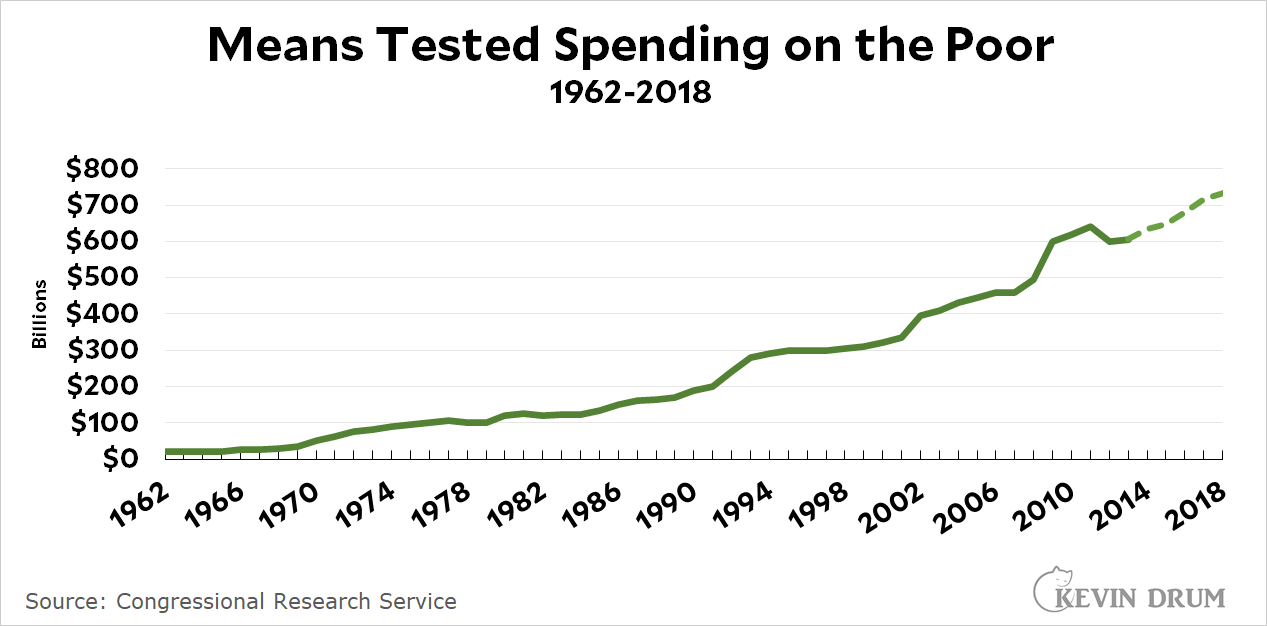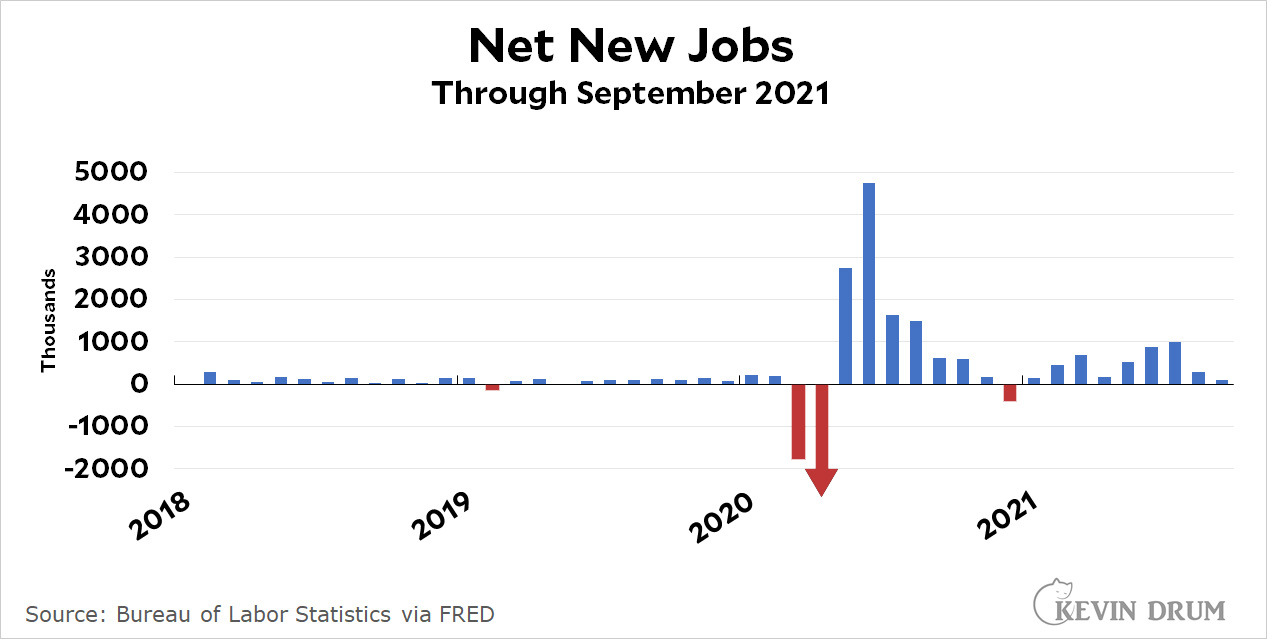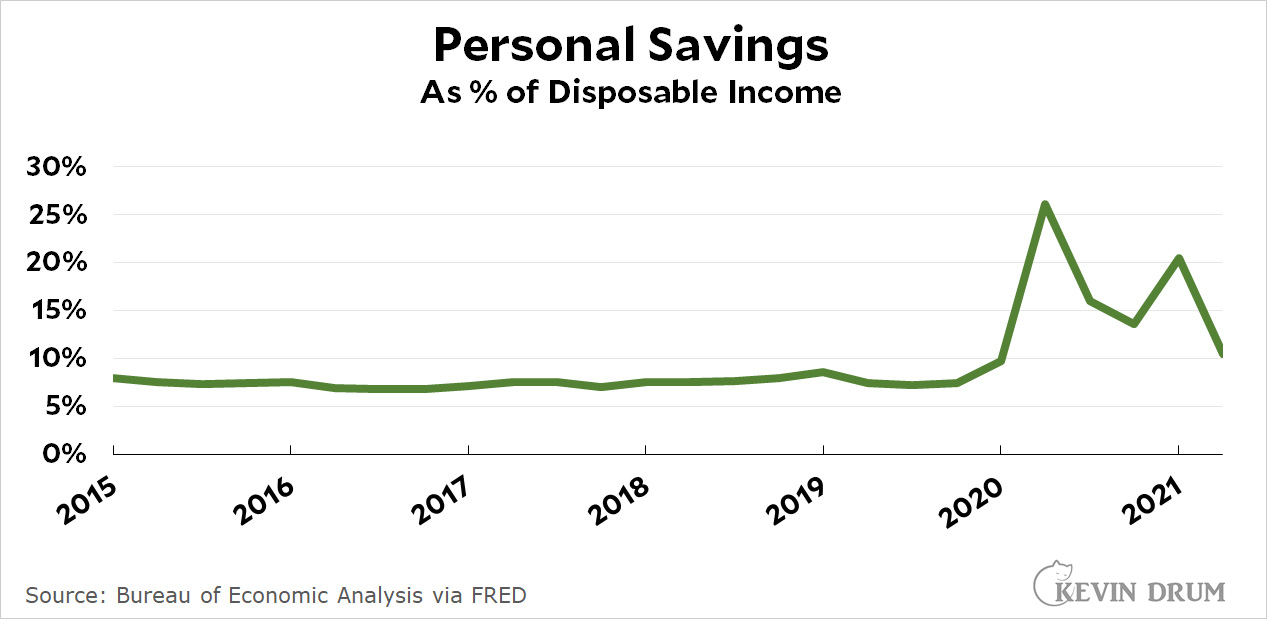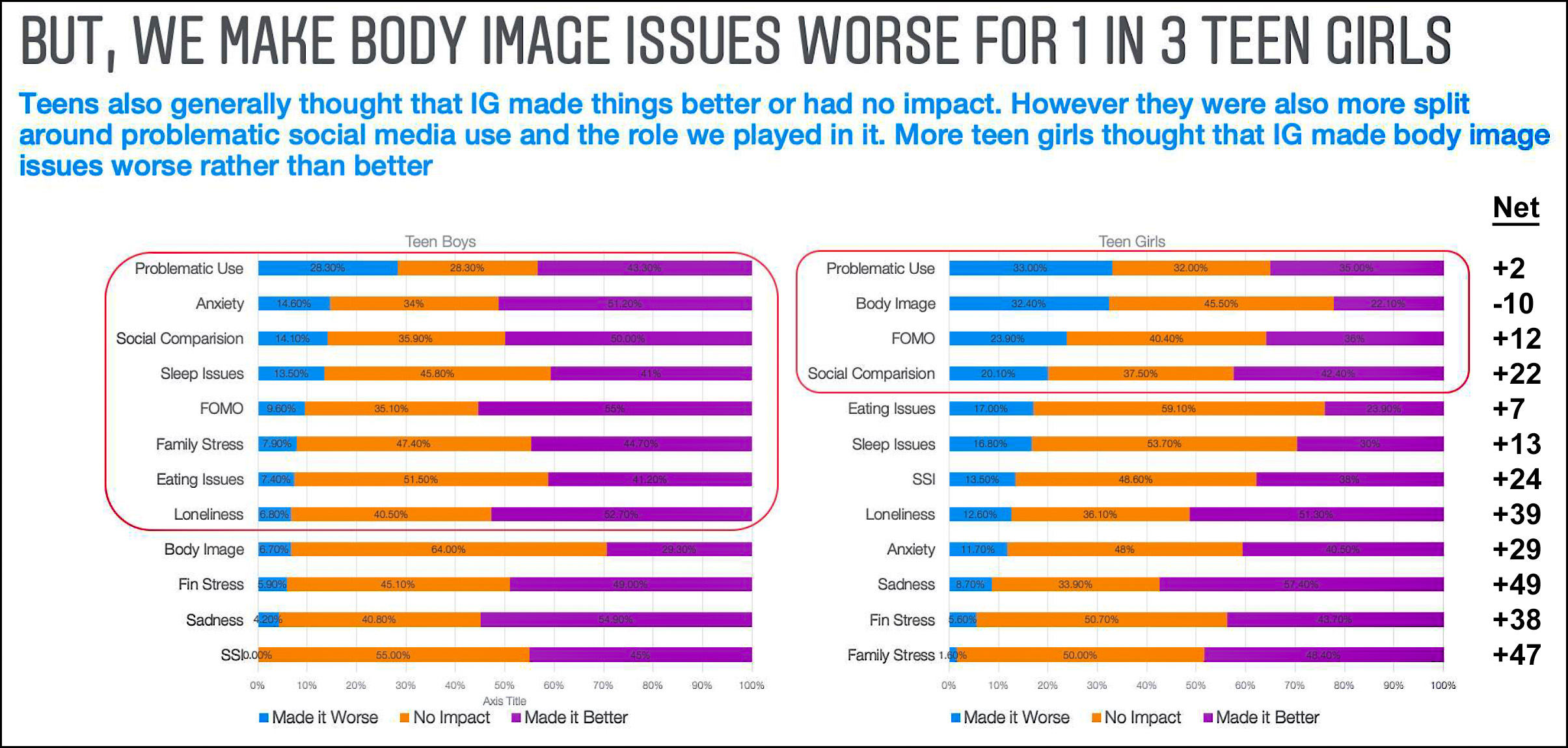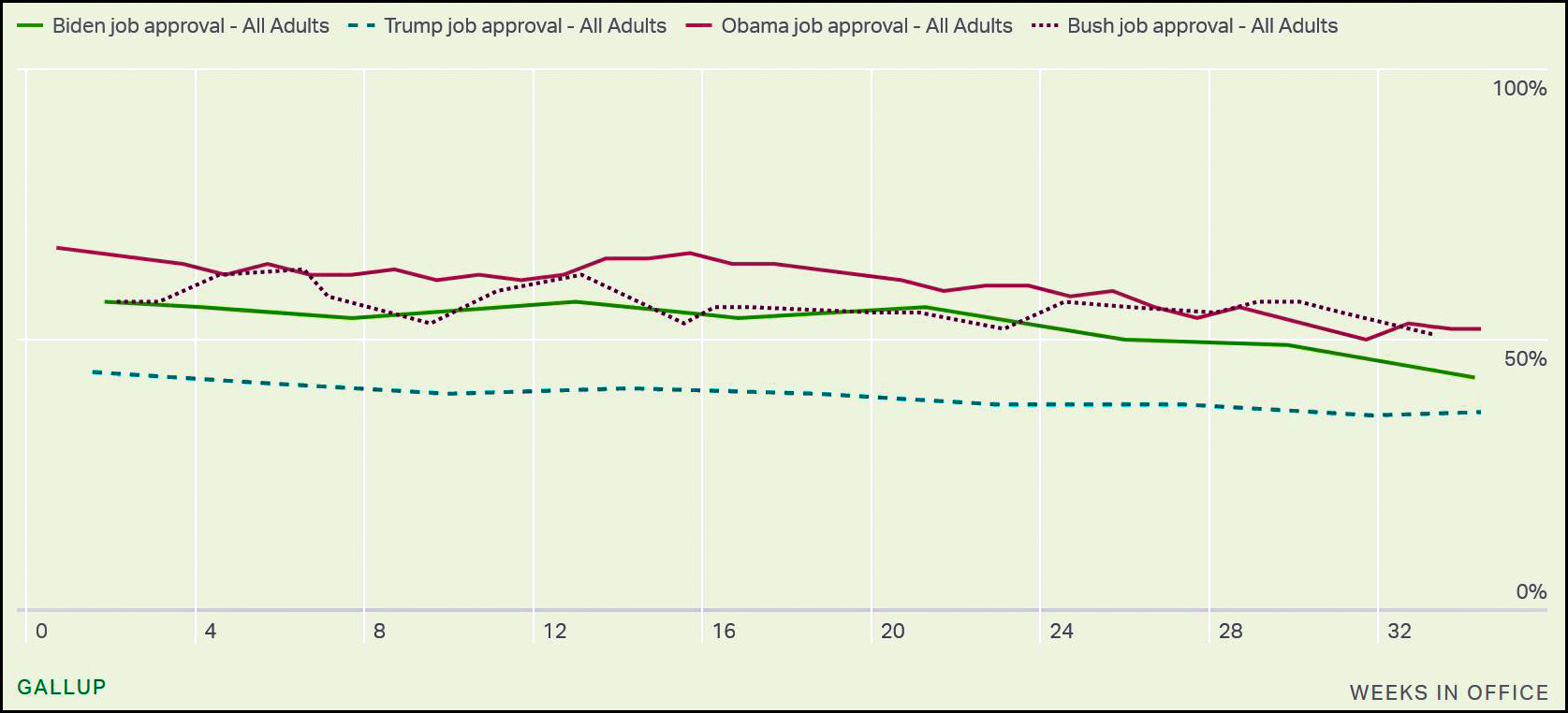Ever since Pat Caddell became famous as the wunderkind pollster of the Jimmy Carter campaign, it seems as if there's always been a data geek of the moment who becomes both a guru and a lightning rod within the progressive movement. Today's DGOM is David Shor, an obsessive number cruncher who worked for the Obama campaign in 2012 and then achieved notoriety by getting himself fired last year from Civis Analytics, a progressive data science firm.
Today it's Ezra Klein's turn to interview Shor. Let's listen in:
At the heart of Shor’s frenzied work is the fear that Democrats are sleepwalking into catastrophe....Shor has built an increasingly influential theory of what the Democrats must do to avoid congressional calamity. The chain of logic is this: Democrats are on the edge of an electoral abyss. To avoid it, they need to win states that lean Republican. To do that, they need to internalize that they are not like and do not understand the voters they need to win over. Swing voters in these states are not liberals, are not woke and do not see the world in the way that the people who staff and donate to Democratic campaigns do.
All this comes down to a simple prescription: Democrats should do a lot of polling to figure out which of their views are popular and which are not popular, and then they should talk about the popular stuff and shut up about the unpopular stuff.
Unfortunately, this doesn't go nearly far enough. It's simply not possible in the era of Fox News to talk only about what you want to. The opposition gets a vote too, and Fox News will relentlessly hammer progressives at our weakest points even if we could, miraculously, get everyone to agree to shut up about our less popular views.
The problem with progressives today isn't messaging. It's our actual views. Let's run down a few of the more obvious examples:
Immigration. As recently as 2013 liberals were mostly on board with the compromise immigration bill backed by Marco Rubio. Today it would be a laughable nonstarter. During the Democratic primary debates, there was barely any daylight at all between the center of gravity of Democratic opinion and a policy of full-on open borders. Within the progressive movement, you will almost never hear even the slightest support for any kind of immigration enforcement.
The Great Awokening. Can we all agree, at a minimum, that woke culture has gone a bit too far? No? Not even that?
OK then, can we agree that, to an average, ordinary, nonpolitical, middle-class man on the street, wokeism has gone too far? That it's become more than just a few college kids blowing off steam and it needs to be reined in?
It's instructive that Shor himself became famous for being fired due to a lack of sufficient wokeness. What was his sin? During the George Floyd protests last year, he cited research by a Black scholar showing that while nonviolent protests helped Democrats, violent protests hurt them. This was judged beyond the pale and Shor was let go.
The Welfare State. There's nothing new about this. Democrats and Republicans have been at war over the social safety net forever.
But there's something that progressives simply refuse to admit about it: we won. Over the past few decades safety net spending has skyrocketed to nearly a trillion dollars a year—and that's just federal spending. What's more, it's not being hollowed out or chipped away or anything close to it. Spending has gone steadily up, up, up, and it's stayed up even though Republicans may hate it.
Despite this, progressives relentlessly insist that welfare spending is on the verge of collapsing, and that poor people in the US are practically sleeping in the gutters. None of that is true. There are, obviously, people at the very bottom of the income ladder who are truly in terrible need. But not that many. Even near the bottom, the average poor household receives something like $35-40,000 in cash and government benefits.
Despite that, we remain so obsessed with the poor that we've almost entirely given up on the middle class. Is it any wonder they've given up on us?
I won't go on about this forever. I assume I've made my point, and I assume it's every bit as unpopular as I think it is.
But it's for real. A lot of progressives don't really get this because they're college educated and all their friends are college educated too. They simply don't have any friends who are working or lower middle class that they can talk to honestly. If they did, some of this stuff would be a whole lot more obvious.
To accept all this, you don't have to be the kind of person who thinks "Defund the Police" was responsible for Democratic losses in 2020. You merely have to be outside your bubble enough to acknowledge that it sure as hell didn't help. Are you?

